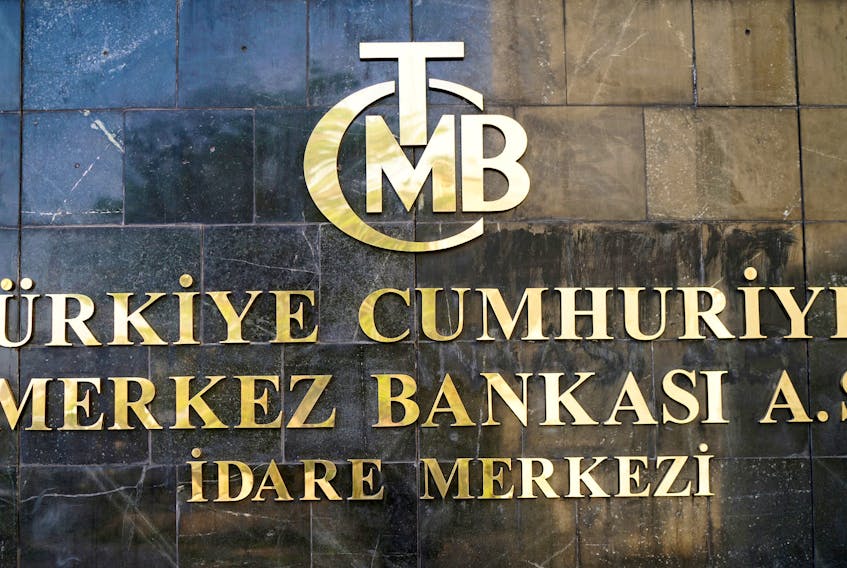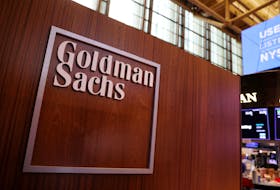By Daren Butler, Ezgi Erkoyun and Ali Kucukgocmen
ISTANBUL (Reuters) - Turkey's central bank cut its policy rate by 200 basis points to 12% on Thursday, a bit more than expected, and suggested its aggressive easing cycle was nearing an end as inflation levels off and the economy emerges from recession.
The bank lowered its benchmark one-week repo rate
"At this point, the current monetary policy stance is considered to be consistent with the projected disinflation path," the bank said after its policy meeting.
Turkish inflation has dropped from a peak above 25% in last year's painful currency crisis. But after touching single digits in recent months, it edged up to 10.6% in November.
Economists polled by Reuters expect it to end the year at 12%, which would squeeze real rates from roughly 1.4% now. However the bank said it expects inflation to be closer to 11.2% by end-2019, with "balanced" risks to disinflation in 2020.
Central bank Governor Murat Uysal has said policy is tailored to leave a "reasonable real rate on the underlying" inflation trend.
The bank began slashing rates in July, having raised the key rate to 24% in September last year, when the economy tipped into recession.
After three consecutive quarters of contraction, Turkey's economy grew 0.9% year-on-year in the third quarter, shaking off the impact of a near-30% slide in the lira's value last year.
The lira
"More rate cuts are coming unless we reach a point where the market pushes back strongly," said Piotr Matys, EM forex strategist at Rabobank.
(GRAPHIC: Turkey's central bank cuts rates to 12% - https://fingfx.thomsonreuters.com/gfx/editorcharts/TURKEY-ECONOMY-INFLATION/0H001QXN69RK/eikon.png)
'DIFFICULT POSITION'
The fourth consecutive easing comes a day after Washington moved a step closer to imposing sanctions on Turkey over its military incursion in Syria and its purchase of Russian missile defences.
If applied, sanctions could spark another bout of lira weakness, curb the recovery and force the central bank to contemplate rate hikes despite pressure from the government.
President Tayyip Erdogan has repeatedly called for lower rates and on Monday said the policy rate, as well as inflation, will hit single digits in 2020.
Erdogan ousted the former central bank chief for not following instructions in July, when Uysal took the reins and began an easing cycle that has far eclipsed expectations earlier in the year.
The U.S. Federal Reserve's shift to more stimulus has helped stabilize the lira this year, clearing the way for Turkish easing. But the Fed halted its rate cuts on Wednesday.
Uysal could "find himself in a difficult position in 2020 between the market pushing against more rate cuts and Erdogan asking for single-digit monetary policy," added Matys.
The bank has turned to other tools to help spur loan growth and reach the government's aggressive 5% economic growth target for next year. Last week it said it will use required reserves "in an effective and flexible way" in 2020 as a fine-tuning tool.
So-called base effects have pulled down inflation readings after last year's prices spike, muddying the picture in a country in which annual food inflation was 9% last month but 26% a year earlier.
"The big question right now is what is the underlying rate of inflation," said Kieran Curtis at Aberdeen Standard investments.
The central bank will hold monthly policy meetings next year, up from eight in 2019.
(Additional reporting by Behiye Selin Taner and Can Sezer in Istanbul, Nevzat Devranoglu in Ankara; Editing by Jonathan Spicer and Toby Chopra)









